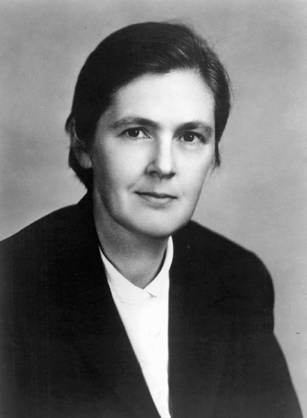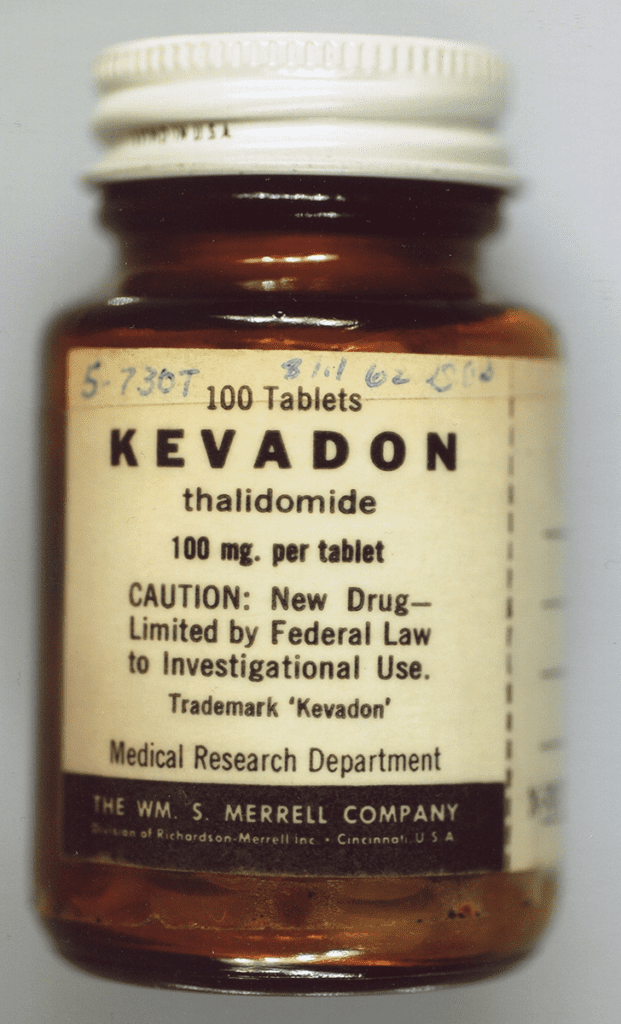Glen, in Memoriam
by Leigh Lundin, read by Ray Lundin
Visitors today face an urn they will refer to as Glen.
That’s wrong. There’s no way a talented mortician could pack Glen’s personality
into an urn. His ego alone would require a container the size of a school bus.
He wasn’t merely bigger than life, he might be bigger than death.
Let’s view Glen from the outside inward. No doubt he
hopes we mention his dazzling good looks, and indeed we begin with his
Sartorial Splendor.
A Friend of Fashion
 |
| Between Haight-Ashbury and Greenwich Village¹ |
‘Sartorial’ is not a word we Hoosiers often use, a derivative
from Mrs. Lord’s Latin class referring to exquisite tailoring and fine clothes.
Unlike most men, Glen liked pink shirts, not every day
or every week, but occasionally. Women loved it, but some males frowned upon
the practice. Whispered rumors floated of an unlearned gomer or two upbraiding
his choice of shirts once, but never ever twice. Challenging a muscular 6’3 guy
with steel-blue eyes was not one of life’s smartest choices. Besides, if a man
didn’t have enough XY testosterone to overpower a pink shirt, he ain’t much of
a man.
When Glen started factory work as in industrial
electrician, he initially tucked his long hippie hair under a ball cap, but
that didn’t last long. Shortly after he let his hair out, a half dozen guys
cornered him. Glen sneered and moved in on them. “Only six of you?” He soon
became a legend.
I’m here to tell you pink shirts were a mild evolution,
a compromise of sorts. In recent years, the 1959 song ‘Pink Shoe Laces’ appeared
in the television series The Marvelous Mrs. Maisel, in video games, and
last year became a Tik Tok sensation. The song’s hero wears tan shoes with pink
shoelaces, a polka dot vest and man, oh man, a big panama with a purple hat
band. That dude was nothing compared to Glen.
For a couple of centuries, highlights of farmers’ hues were
chicken egg écru and cow patty puce. The brightest of colors in our palette consisted
of God’s sky blue and DeKalb yellow. If you don’t know DeKalb yellow, ask the
grownup farm kid next to you. You were never a six-year-old swimming in a bin
of shelled corn.
Genetic foods chemists at Monsanto and ConAgra brought
us new colors of day-glo green, luminescent lime, and iridescent indigo, but
they hadn’t met the likes of Glen. Ninety-nine percent of the time, Glen wore
work boots and slim jeans with a JC Penney shirt for a touch of class. But once
in a while, he would erupt in a Peter Max explosion of color.
About the 6th grade, peacock blue became a
fad. Our Aunt Rachel made the mistake of giving Glen a blinding turquoise
snap-brim cap to cover his white-blond hair. Uh-oh. Aunt Rae, artist, author,
and professor, was a part of New York’s fashion world, but she didn’t
anticipate what she started.
Our parents were surprisingly tolerant when Glen began
wearing mismatched socks. He found a tie-dyed pink T-shirt and weird knee-length
shorts in chartreuse, yes, that bizarre alien planet neon yellow-green.
He stuck a tiny American flag on his snap-brim cap. Looking at him required
welding goggles. As we strolled through the Garden of Gethsemane, we boys
denied knowing him. “My brother? Nope, no way, never seen him before.”
So you see, a simple pink shirt is quite a mild departure. But we’re not done.
The Grand Necktie Ban
Private schools and a few public ones require neckties.
Oddly, one educational institution in America banned neckties, tiny Arlington High
School. The blame– or credit– goes to a high school sophomore, Glen.
Dad had inherited a collection of wide and colorful
ties from the 1940s that he hadn’t bothered to discard. Enter Glen. His offbeat
imagination took in the array of hues and patterns, and a lads’ revolution in
fashion was born. He wore one of Dad’s ties to school.
He tied it correctly with an ordinary collared shirt,
but the fact any student voluntarily wore a necktie startled fellow students.
The impact was doubled because of the tie’s wide and blazing effect.
The next day Glen wore a hand-painted tie with equally
blinding patterns. Other kids raided their fathers’ closets. Initially, they
wore neckties as intended, and then one or two students wore them with
T-shirts. Others including a girl or two belted ties around their
waists. A handful of boys wore two and three at a time. Soon, a majority of
students were experimenting with wild throatwear.
Most fads descend through the ranks, but Glen’s fashion
moved up to the 11th and then the 12th grades. One boy wore a
white T-shirt printed with a bow tie and a day or so later wore it with a
standard tie – that is, a necktie over a T-shirt with a printed bow tie.
Cravats caught on and ascots became a fad with seniors. During class breaks,
the halls of higher learning swam with fluttering neckwear of silks and satins.
Unfortunately, Arlington’s principal possessed all the
humor of a bad-tempered musk ox with jock itch. For this narrative, we’ll refer
to him as Mr Ox. He realized his bloody school was out of control and Mr Ox
didn’t like losing control. Worse than that, this was an insurrection, a
rebellion against authority. Surely they were mocking him, and that damn Glen
was behind this latest assault on his nervous stomach. Principal Ox would put
an end to this nonsense. Imagine, daring to wear unauthorized menswear to
school! If he could rule girls’ skirts too short, he sure as hell could deal
with malefactors flaunting neckerchief disrespect.
So like a peptic walrus with a toothache, he shot out a
memo, posted it on the board, informed teachers and coaches, and announced it
over the intercom:
Neckties will henceforth be banned. (signed) —
The Honorable Grand
and Respected Principal Richard J Ox.
Neckties! That’ll teach them!
The 1966 AHS yearbook featured a number of photos of
the necktie craze, but sadly, not one of that style-setting sensation, Glen Lundin.
The Wild and the Woolly
If you spotted a guy communing with wild creatures, it
probably wasn’t Noah or St. Francis or, if you recall local literature, not
even Balser Brent. Glen forged an affinity with animals large and small.
When he was a child, Glen was crushed he didn’t have an
entry in the Morristown Soapbox Derby Day Pet Parade. Mom trundled out to the
garden and captured a garter snake for Glen to carry in the procession. There
among doggies and kitties and budgies, Glen proudly carried his snake. Later
that day he released his ‘pet’ back in the garden.
That summer, he caught a turtle in the ford at
Greenfield Riley Park and named it Churchie after a character in the Pogo
comic strip, the same cartoon that inspired the name Albert for our alligator.
Churchie lived with Glen more than thirty years before shuffling off this mortal
coil.
The farm hospital otherwise known as the ranchhouse
kitchen, patched up wild rabbits, squirrels, and odds and ends of other
creatures. When a cow entered labor in an excruciating breech birth, Glen knelt
and soothed the girl, talking softly as the vet figured out how to extract the
stuck calf. Both survived and thereafter adopted Glen as their human father
figure.
 |
| Glen facing off against fierce man-eating cat. |
Glen gathered feral cats and, ignoring deep scratches
on his forearms, coaxed them quietly until they relaxed. He could be abrasive
with people, but he had a Doctor Doolittle way of communicating with creatures
of the Earth.
But that ain’t nuthin compared to his most awesome
feat. Glen could step into his back yard and raise his hands skyward. Moments
later, a hummingbird, and then two and three and four, would alight upon his
outstretched fingers. Not many wonders can top handfuls of smitten hummingbirds.
Glen versus Trees
Glen could be intimidating but women, infants, and small animals loved him. Unfortunately, he had a problem with trees.
For instance, Glen and Leigh built a treehouse in a
huge maple. Glen kept comic books and an alarm clock there. One afternoon, he
lounged under the tree reading a comic when the alarm went off. Unwisely, he
ignored it.
The chronometer shook and shuddered, quavered
and wavered, tremored and trembled and traveled across the
treehouse floor and out the door. Isaac Newton merely dealt with falling
apples. This timepiece literally clocked Glen on his very hard cranium. Glen
saw stars.²
After that, parents instructed us to stay out of trees,
much like telling dogs not to chase cats and cars. It soon came to pass that
Glen and Ray climbed another maple, one so tall we could see miles in the
distance. Glen hung from a limb like a sloth. As Ray tried to maneuver past
him, he misstepped and trod on Glen’s fingers.
The landing bounce was rough and injured Glen’s arm. It
hurt for days, but he didn’t dare tell our parents.
On Sunday, he was still in pain but he soldiered on.
And then… after church, when he tried to slam the car door shut, his upper arm
went one way and his lower arm another. Glen had managed to break his forearm
radius and ulna. No doubt our parents contemplated keeping Shelbyville Major on
retainer.
 |
| Yes, this is Glen. |
PB&J (Paris, Bonnie, and Jesus)
Paris and Bonnie were the great loves of his life. Glen
met his future wife at his workplace. During the night shift, obnoxious male
workers frightened women crossing the dark parking lot. Glen wasn’t having it.
He faced off against the men.
Despite Glen’s reputation, they laughed, saying, “There’re
eighteen of us and only one of you. You can’t hope to win.”
Glen said, “You’re right, but in the meantime I’ll
hospitalize four or five of you. Who’s first?”
The amazing part is that an absolutely fearless Glen
believed it and his utter certainty made others believe, thereby avoiding
fights. Soon after, Glen found himself surrounded by ladies at work. I’m not
certain who asked whom out, but Glen and Bonnie became a thing and then they
became a married thing.
Glen mellowed after taking in his granddaughter, Paris.
She was a darling, charming everyone including our parents, her
great-grandparents. God love her. Glen found joy attempting to teach her music
and grade school Spanish phrases.
⚡⚡⚡ News Flash ⚡⚡⚡
Just a moment, audience members, one moment please. CNN
interrupts this memorial, where we take you outside the Gates of Heaven. In a rare jurisdictional dispute, Charon³ from that place down below is confronting St. Peter as we listen in.
My friends, thank you for your patience. May you have fond memories of Glen and please love one another.















.jpg)











